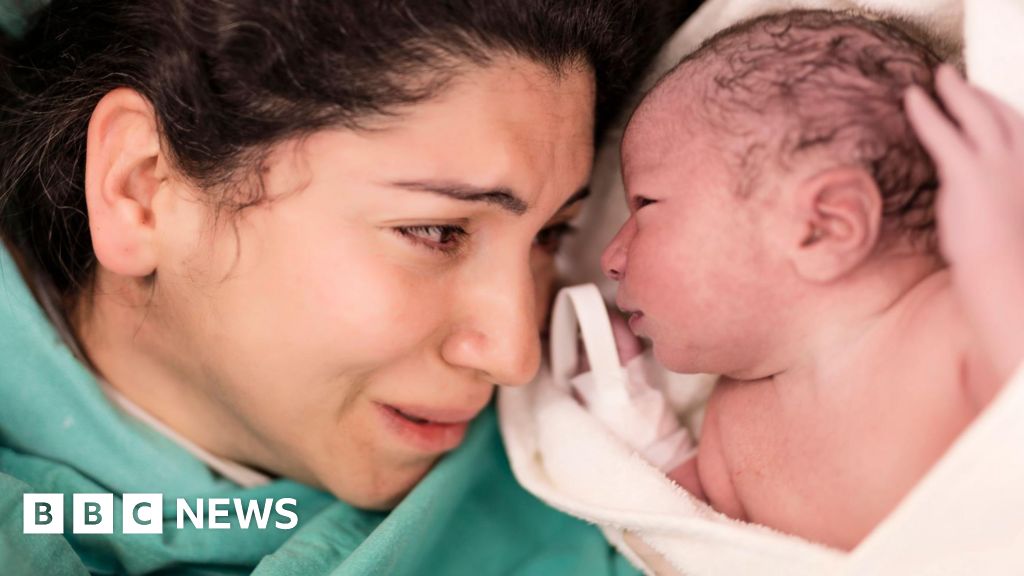- Non-compliant people will be reported to a first-class magistrate.
- Parents or guardians must bring children to vaccination centres.
- Cabinet also sanctioned Sindh Immunisation and Epidemic Control Act 2023.
The Sindh cabinet has granted approval for a bill to criminalise refusing children’s immunisation against diseases preventable by vaccines across the province, The News reported.
Among around 40 items on the agenda, the cabinet also sanctioned the Sindh Immunisation and Epidemic Control Act 2023 along with eight other matters related to health.
Presided over by Sindh Chief Minister Syed Murad Ali Shah at the CM House, the meeting saw attendance from provincial ministers, advisors, special assistants and bureaucrats.
Meanwhile, the proposed act, as communicated to the cabinet, aims to control epidemic diseases by ensuring widespread immunisation across Sindh, serving as its primary objective.
Under the draft law, the parents or guardians of children or unprotected persons are responsible to bring them to vaccination centres in time so that they are duly vaccinated.
If the local authority finds that an unprotected person or parents or guardians has violated provisions of the law, they will be delivered a notice.
If the parents or guardians still do not comply with the law, the local authority shall report to a first-class magistrate for punishment under the law. The cabinet approved the bill and referred it to the provincial assembly.
The health department told the cabinet that medico-legal services in Sindh were unorganised with no service structure, job descriptions and guidelines. Consequently, the criminal justice system faced problems in prosecution and conviction.
The cabinet was informed that the health department had decided to strengthen the medico-legal system on modern scientific grounds.
The cabinet approved a draft bill to regulate the medico-legal system through the establishment of the Sindh Medicolegal Directorate.
The cabinet was also told that the Children of Adam, Karachi, and the health department had requested for allocation of Rs1.967 billion as grant-in-aid for five years to establish psychiatric facilities at three government Hospitals — Basic Health Unit Dumba Goth, New Urban Health Center Gadap and New Karachi Urban Health Center Goharabad.
It was said that a large segment of the population in the country suffered from some or other mental illness, and unfortunately, there was a dearth of psychiatrists and psychiatric hospitals. The cabinet approved the proposal for setting up the three psychiatric facilities. The Sindh cabinet also decided to hand over the Mehar taluka hospital to the Gambat Institute of Medical Sciences for five years to upgrade the facility.
Another agenda item was related to the District Headquarters Hospital, Badin. The cabinet was told that the hospital had been outsourced to the Indus Hospital in 2015 for 10 years.
The Indus Hospital requested that the existing budget allocation for the hospital was not sufficient and needed to be enhanced. It was said that Ferguson had worked out the hospital’s budget for the remaining four years and identified Rs1.106 billion as a liability spent by the Indus Hospital as bridge financing. The cabinet approved the four-year budget of Rs9.06 billion.
The cabinet also approved the draft Sindh Faculty of Paramedical and Allied Health Sciences Act 2023 to establish a faculty for supervising and conducting paramedical courses and training.
The meeting was told that a delegation from the University of Medical Science, Zahedan, had recently visited Karachi. During the visit, the Iranian delegation signed a memorandum of understanding with the health department, under which the latter agreed to conduct a short training course on entomological surveillance of dengue fever vectors for the entomological expert delegation from the Zahedan university.
Considering the high incidence of beta-thalassaemia in Sindh and the success of the thalassaemia disease control programme in Iran, an expert team from the Sindh health department would visit the Iranian varsity to exchange experiences and explore areas for cooperation regarding beta thalassaemia. The cabinet approved the MoU.















































